Personal Injury Lawyer Near Me: Comprehensive Guide
Personal Injury Lawyer Near Me in New Jersey
When accidents happen, the aftermath can be overwhelming. From medical bills to lost wages, the financial and emotional toll can be significant. This is where a personal injury lawyer comes into play. If you're searching for a "personal injury lawyer near me" in New Jersey, it's crucial to understand what they do, how they can help you, and why choosing the right one is essential for your case.
What is a Personal Injury Lawyer?
A personal injury lawyer specializes in providing legal representation to individuals who have been injured due to the negligence or wrongdoing of another party. They handle a wide range of cases, including car accidents, slip and fall incidents, medical malpractice, workplace injuries, and more. Their primary goal is to help victims receive fair compensation for their injuries and losses.
Why You Need a Personal Injury Lawyer
- Expertise in Personal Injury Law: Personal injury lawyers have specialized knowledge and experience in handling cases similar to yours. They understand the intricacies of personal injury law and can navigate the legal system effectively.
- Negotiation Skills: Insurance companies often aim to minimize payouts. A personal injury lawyer can negotiate with insurance companies on your behalf to ensure you receive a fair settlement.
- Maximizing Compensation: Lawyers can help you understand the true value of your claim, including medical expenses, lost wages, pain and suffering, and future rehabilitation costs. They work to ensure you receive maximum compensation.
- Reducing Stress: Handling a personal injury claim on your own can be stressful and time-consuming. A lawyer can take over the legal aspects, allowing you to focus on your recovery.\
How to Choose the Right Personal Injury Lawyer Near You
- Experience and Specialization: Look for a lawyer with extensive experience in personal injury cases. Check their track record and ask about their success rate in similar cases.
- Reputation: Research online reviews, testimonials, and ratings. Ask for recommendations from friends or family who have gone through similar experiences.
- Communication: Choose a lawyer who communicates clearly and promptly. They should keep you informed about the progress of your case and be available to answer your questions.
- Fee Structure: Most personal injury lawyers work on a contingency fee basis, meaning they only get paid if you win your case. Ensure you understand their fee structure before hiring them.
- Local Knowledge: A lawyer familiar with local laws and court systems can be an advantage. They understand the nuances of the area and can navigate the local legal landscape effectively.
Types of Personal Injury Cases
- Car Accidents: Car accidents are one of the most common types of personal injury cases. A lawyer can help you navigate insurance claims, prove liability, and ensure you receive compensation for medical bills, vehicle damage, and lost wages.
- Slip and Fall: Property owners are responsible for maintaining safe premises. If you’ve been injured in a slip and fall accident due to a property owner’s negligence, a lawyer can help you hold them accountable.
- Medical Malpractice: Medical professionals are expected to provide a certain standard of care. If you’ve been injured due to a healthcare provider’s negligence, you may have a medical malpractice claim.
- Workplace Injuries: Employers must provide a safe working environment. If you’ve been injured at work, a lawyer can help you navigate workers’ compensation claims and potential third-party liability.
- Product Liability: Manufacturers and sellers can be held liable if their products cause injury. A personal injury lawyer can help you pursue a product liability claim.
Steps to Take After an Injury
- Seek Medical Attention: Your health should be your top priority. Seek immediate medical attention, even if your injuries seem minor. This also provides documentation for your claim.
- Document the Scene: If possible, take photos of the accident scene, your injuries, and any property damage. Collect contact information from witnesses.
- Report the Incident: Report the accident to the relevant authorities, such as the police or your employer. Obtain a copy of the accident report.
- Keep Records: Maintain detailed records of medical treatments, expenses, and correspondence with insurance companies.
- Consult a Personal Injury Lawyer: Contact a lawyer as soon as possible to discuss your case. They can advise you on the best course of action and help you avoid common pitfalls.
Understanding the Claims Process
- Initial Consultation: During your first meeting, the lawyer will evaluate your case, explain your legal options, and discuss their fee structure.
- Investigation: The lawyer will gather evidence, interview witnesses, and consult experts if necessary to build a strong case.
- Demand Letter: Your lawyer will send a demand letter to the responsible party or their insurance company, outlining your injuries and the compensation you seek.
- Negotiation: Negotiations with the insurance company or the defendant’s legal team will begin. Your lawyer will work to secure a fair settlement.
- Litigation: If a settlement cannot be reached, your lawyer will file a lawsuit and represent you in court.
- Resolution: The case may be resolved through a settlement or a court verdict. Your lawyer will ensure you understand the outcome and receive your compensation.
Frequently Asked Questions
How much does a personal injury lawyer cost?
Most personal injury lawyers work on a contingency fee basis, meaning they only get paid if you win your case. The fee is typically a percentage of the settlement or court award.
How long will my case take?
The duration of a personal injury case varies depending on the complexity of the case, the willingness of parties to negotiate, and court schedules. Some cases settle quickly, while others may take years.
What if I am partially at fault for the accident?
In many states, you can still recover compensation even if you are partially at fault. Your compensation may be reduced based on your percentage of fault.
What is my case worth?
The value of your case depends on various factors, including the severity of your injuries, medical expenses, lost wages, and pain and suffering. A lawyer can provide a more accurate estimate after evaluating your case.
Can I handle my personal injury claim on my own?
While it’s possible to handle a claim on your own, it’s not recommended. Personal injury law is complex, and insurance companies may take advantage of unrepresented claimants. A lawyer can help ensure you receive fair compensation.
Conclusion
Finding a "personal injury lawyer near me" in New Jersey is crucial after an accident. A skilled lawyer can help you navigate the legal system, negotiate with insurance companies, and maximize your compensation. If you've been injured due to someone else's negligence, don't hesitate to seek legal help. Your health, financial stability, and peace of mind are worth it.
For expert legal representation, contact John Onal Injury Lawyer. Our experienced team in New Jersey is dedicated to fighting for your rights and ensuring you receive the compensation you deserve.













